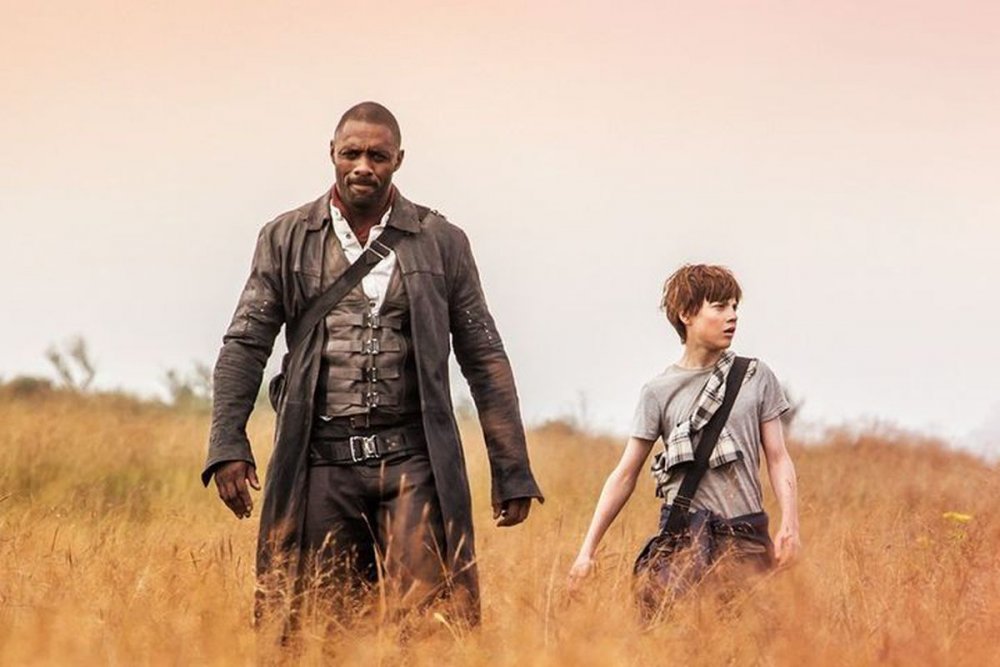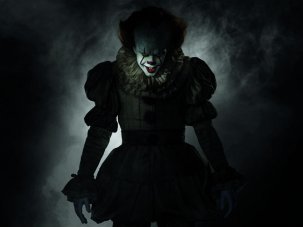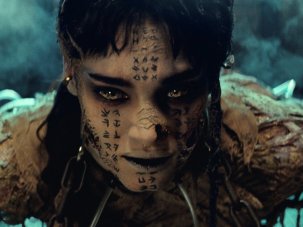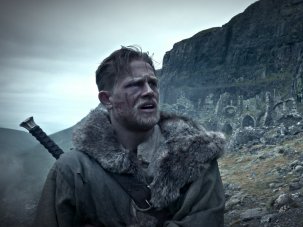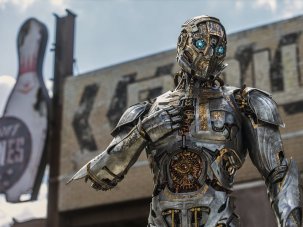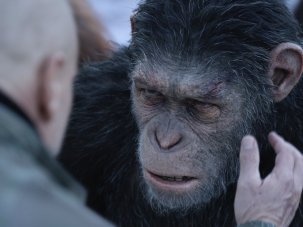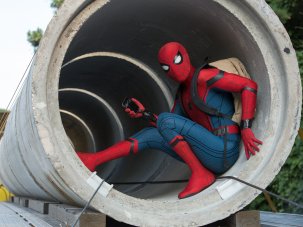The grand, vaunted theatrical experience aside, what narrative cinema can offer that its long-winded competitors in serial television cannot is concision – the experience of a satisfactory standalone artwork in which a lifetime’s worth of meaning is distilled into every word and gesture.
Over the past decade or more, however, the large US-based studios have been content to ignore the possibilities of this advantage, instead considering every planted tentpole the potential cornerstone of a franchise superstructure along the lines of the Marvel Cinematic Universe. As a result, we’re seeing such misbegotten products as this summer’s The Mummy, meant to launch a ‘Dark Universe’ using the Universal Pictures roster, and Nikolaj Arcel’s The Dark Tower, clearly intended as the opening to further adaptations of Stephen King’s series of novels of the same name, either on the big screen or small. So in spite of the movie’s box-office failure to date, we find puff pieces crowing that “The Dark Tower Exit Polls Look Promising for the TV Spin-Off”.
USA 2017USA 2017
Certificate 12A 94m 36s
Director Nikolaj Arcel
Cast
Roland Deschain Idris Elba
Walter O’Dim Matthew McConaughey
Jake Chambers Tom Taylor
Arra Champignon Claudia Kim
Pimli Fran Kranz
Tirana Abbey Lee
Laurie Chambers Katheryn Winnick
Sayre Jackie Earle Haley
Timmy Michael Barbieri
Jill Eva Kaminsky
Lucas Hanson Nicholas Hamilton
Dr Hotchkiss José Zuñiga
[2.35:1]
UK release date 16 August 2017
Distributor Sony Pictures Releasing UK
darktowertickets.co.uk
► Trailer
Because of this pervasive business model we now very often encounter films made with an eye to the next thing rather than the job of work at hand, with studios counting on the fact that they can get their shrinking audiences thinking like indulgent TV viewers – never mind that this one was a bit of a mess, there’s a big payoff coming down the line, just stick with it, trust the system, etc. Such a piece of work is The Dark Tower, of interest only as a symptom of the endemic laziness and galloping cynicism in contemporary big-budget filmmaking that has rendered the multiplex a near-total wasteland.
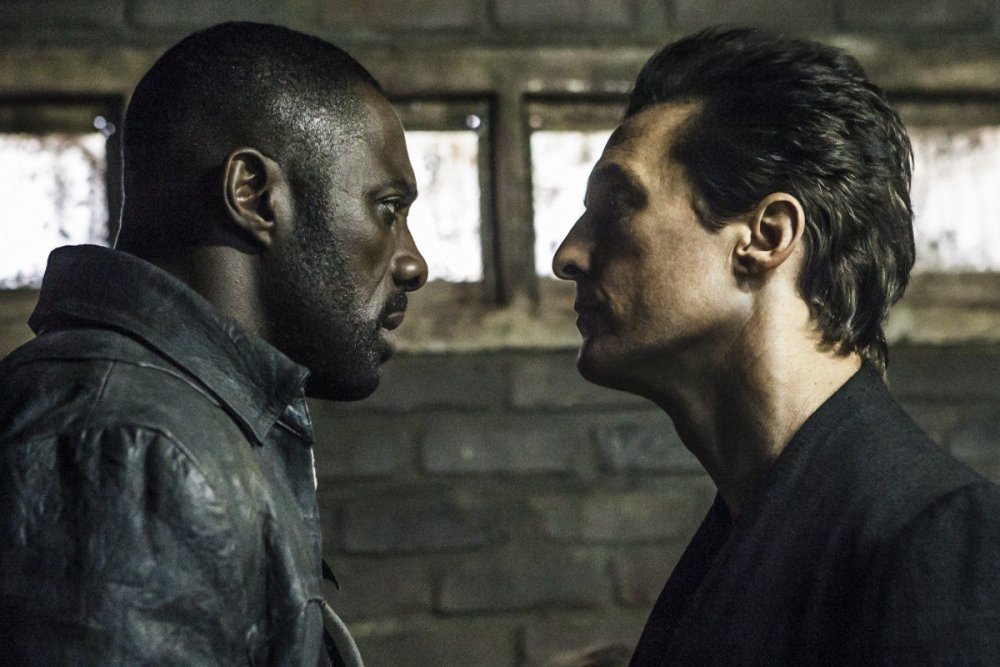
The Dark Tower stars Idris Elba and Matthew McConaughey, two performers of proven charisma and talent given precisely nothing of interest to do while playing the gunslinger Roland and the sorcerer Walter, sworn rivals. The last 20 minutes or so of the film bring on some moderately distracting gunfight choreography by Nathan Barris, hot off Resident Evil: The Final Chapter, the only point at which the movie bestirs itself from the abiding tone of grim lethargy.
Self-evident catastrophes like this are generally a prime opportunity for the clever critic to tee off with some choice zingers, but after encountering The Dark Tower in the middle of a summer where even the ‘blockbusters with brains’ have been po-faced chores, I just feel like it’s time to take up woodworking instead. Contempt for an audience I can understand, for at least contempt is a strong emotion, but how to address such placid mediocrity, such a complete unwillingness to approach the viewer on any level other than that of cliché, such a total indifference to the possibilities for pop pleasure opened up by the making of a sci-fi/horror/western?
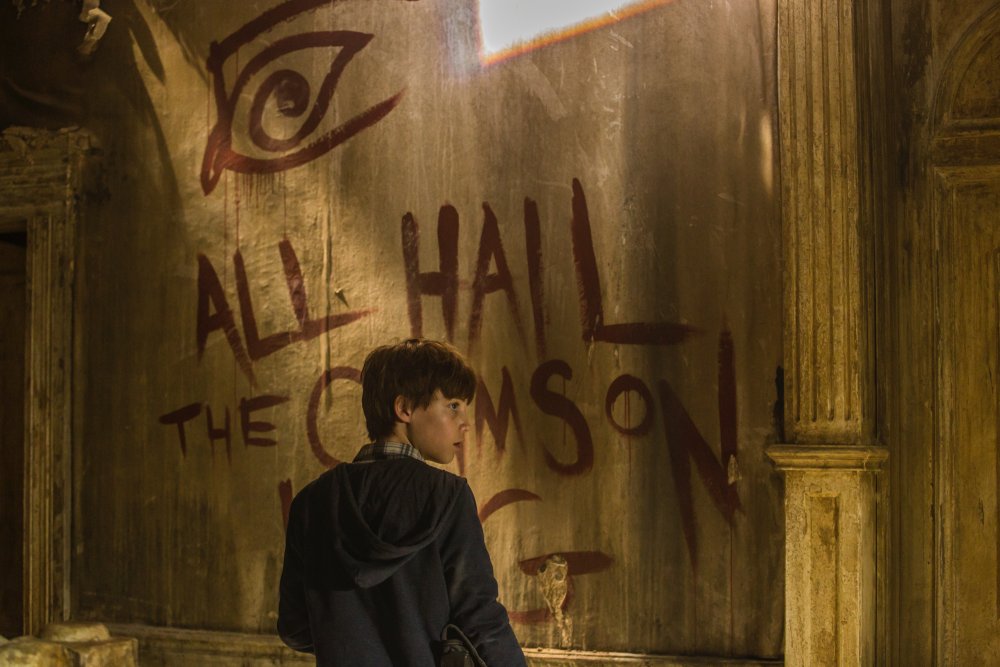
I noticed after a few minutes that the focus was ever so slightly off at my screening of The Dark Tower – the grand theatrical experience ain’t what it used to be – but I didn’t bother talking to a manager. There’s nothing to miss. Shot by one Rasmus Videbæk, the film has the blown-out and blanched look common to lowest-bidder digital cinematography. No one involved in The Dark Tower seems to have given a damn about what they turned out, so why should anybody else?
-
Sight & Sound: the October 2017 issue
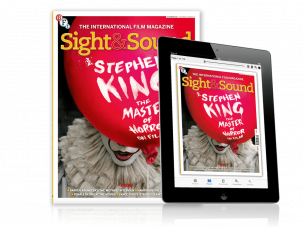
The cinema of Stephen King, plus female desire at the movies, Hanif Kureishi on Peter Sellers’ Indian characters, Darren Aronofsky on Mother and...
-
The Digital Edition and Archive quick link
Log in here to your digital edition and archive subscription, take a look at the packages on offer and buy a subscription.




